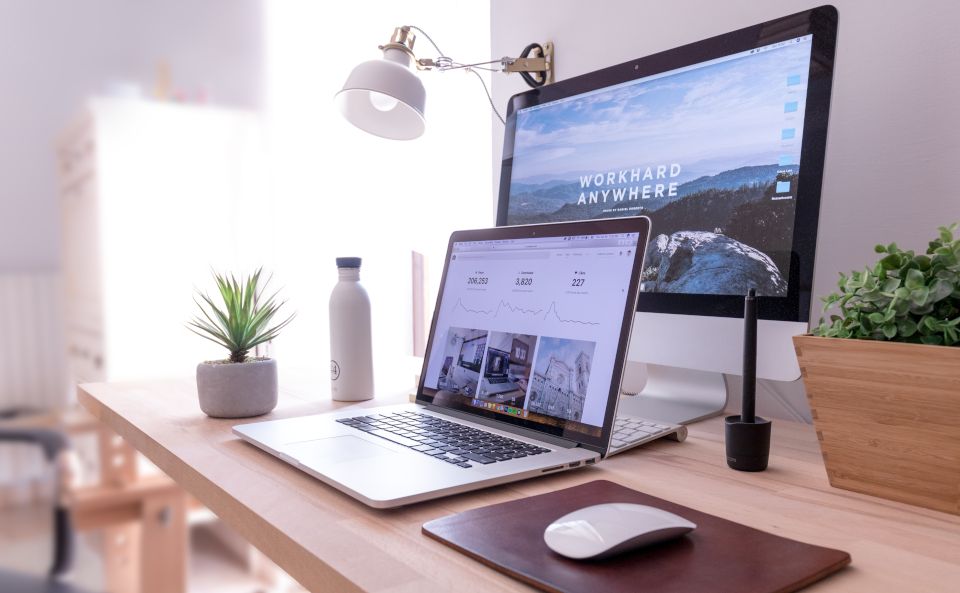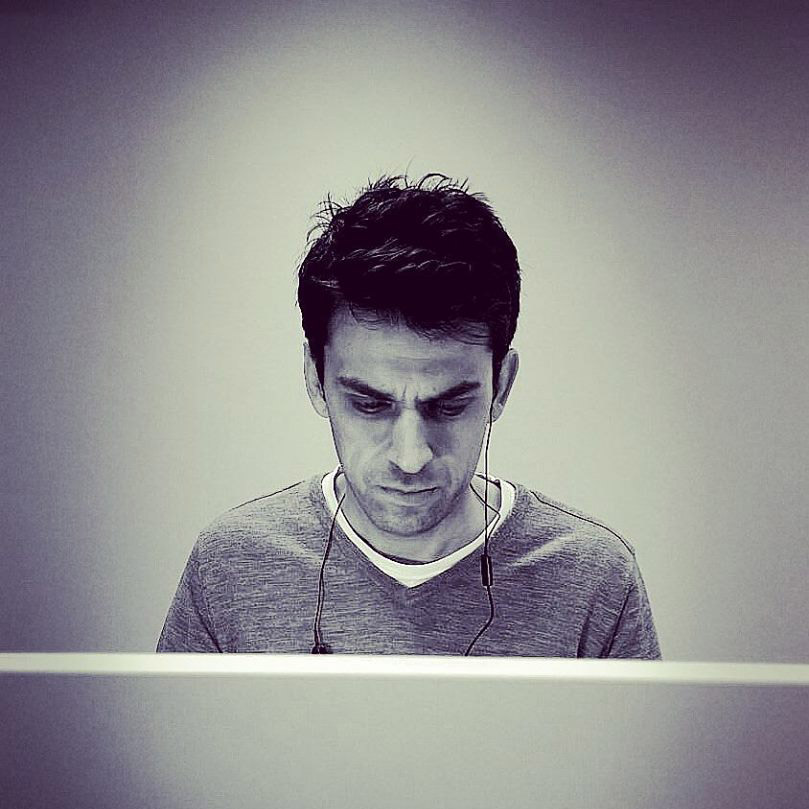If you want to boost your productivity get a side hustle
What if I told you that having a side hustle can boost your productivity and performance in your “day job”?
If I’m guessing right, you might find that hard to believe. After all, isn’t the idea of a side hustle to eventually quit your main job and turn it into your own little – or big – startup? Notice I used the word day job, not dead-end job.

My short answer to that is no. Not always. Let me say something that sounds a bit like a paradox. That you can actually use a side hustle to actually boost your productivity across jobs. It can even help you get that promotion or raise you’re chasing.
Yes, I know. Most people start a side hustle with an entrepreneur mindset, aiming to build a startup, or something else, out of it. Or simply to do it as their full-time job. This can mean that as the demands of it grow, your performance in your day job can suffer. Often with dramatic results, like being fired.
But, what happens if you keep your side hustle strictly to exactly what it is? A side hustle. Remember, a side hustle is not a part-time job. There’s an important distinction to make there.
The road to productivity is paved with a side hustle
Confession time. I’m a serial side hustler. I’ve been doing it virtually my entire working life. Out of 17 years since graduating college, I’ve been side-hustling for 14 of them, since 2004. The thing is, I never started out with the entrepreneur mindset of planning to do “it” (the it here has taken various forms through the years) full time. And it still isn’t my goal. Perhaps that’s partly because “it”, in my terms, is not – and has not usually – been one thing at any given time. Consulting, copywriting, journalism, translating, content marketing, public speaking, sports administration services. You name it. Perhaps I’m going against the grain. Or just doing it wrong. But let me explain myself anyway.
Even though I am a serial side hustler, I also consider myself a devoted day-jobber. Working in various corporate environments, mainly in marketing, I’ve always been reasonably happy and motivated in my day jobs. And performance issues were scarce. All I want out of it is: 1. an extra bit of income, and 2. an outlet for my creativity and alternative interests.
Without even knowing it, however, I’ve been doing something quite exhilarating. Creating an alternative measure of job security. And more importantly, developing other skills and experiences which only enhance my abilities in my day job. And making my by default more confident. Last but not least, there’s the psychological benefits of feeling more motivated, energetic, resourceful, and rounded.
More than fries on the side
Side hustling is no longer such a super fresh concept. But it still has not quite got through to the masses – yet. This is changing, however, and rapidly. In the United States alone, 44 million people have a side hustle, or an extra source of income besides a main job, according to a recent survey by Bankrate.
Author and entrepreneur Chris Guillebeau is a popular opinion leader on the subject. He’s been studying the concept of side hustles for years and wrote Side Hustle: From Idea to Income in 27 Days. From his numerous case studies, Guillebeau found that nearly anyone can take an idea and make it profitable if they’re thoughtful, strategic, and realistic enough. You can do it too.
Obviously if you’re in a dreaded “dead-end job”, whatever than means (as it can mean meany different things to different people), then it’s a bit different. You are probably aiming to create an escape plan. Now that’s a completely different ball game – and post for that matter.
So for now let’s say you’re reasonably happy with your day job and focus on how you can use a side hustle to help you boost your productivity overall.
Skills boost
Basically, depending obviously on the nature of your side hustling pursuit(s), it can unlock the door to a set of skills you never knew you had. Organization skills for a start. You need to be super organized to juggle two or more jobs at any one time and this is a vital skill which you can fine-tune to perfection. You learn how to be more versatile and resourceful, and if you’re working with people then you’ll also notice your communication and negotiation skills being worked overtime. Oh yes, and then there’s project management and multi-tasking. Basically it can give you the potential to reach expert level.
It makes you happier
We’re all constantly searching for more of that elusive thing called happiness aren’t we? In my experience, side hustling can give you a boost in that department. I don’t know how else to explain it but it can work like a muse for your day job and allow you to see things from new perspectives. The sense of achievement of getting results in something your passionate in rubs off on you and helps you focus for more of that feeling everywhere else. Which is only a good thing.
Financial freedom
When your side hustle starts to bring in extra cash, then with it comes increased financial freedom, which automatically makes you a little more relaxed and free to focus on what matters – your work, your extra curricular pursuits, and your family and friends. Remember, a side hustle is something you are doing on the side of your job that is generating income. It’s an asset you’re building for your future. Like on monopoly when you collect $200 for passing ‘Go’.
Energy
But having a side hustle is really going to take its toll on you, right? Again, this can depend a lot on what your side hustle is. But in my experience, the case is quite the opposite. I seem to get energy boosts from doing those extra things which fill me with passion. It’s like a personal happy place where you feel almost invincible and have boundless energy. May I remind you though that you still need to try and get 8 hours sleep. Just don’t want that new reality show, or the latest Netflix series, or skip going to the local bar more than you go.
Creativity
I found that through my side hustle projects, on many occasions I was coming up with more answers than questions when it came for the need to be creative in my day job. And I would test out some of the things I may have done or learned from my side hustling and try to introduce them to colleagues and on projects at my day job.
Danger signs
A side hustle does not come without a warning, however. Balancing a second gig with a regular job can be tricky. Especially if you have a very demanding day job, as well as family commitments, such as young children. You know yourself what you can or can not – or should not try to – handle.
If you take on way too much you will struggle. On all sides. That much is guaranteed. You’ll end up spreading yourself too thin. Your productivity and work quality will suffer. Stress will get to you. The most important thing you need to be clear about before you start is the aim of your side hustle.
If you listen to all the doomsayers, there are plenty of reasons not to have a side hustle. That’s why you need to spend less time with “corporate” type friends and/or acquaintances. And hang out with more self-made types. Listen to their stories, feed on their energy, pick their brains. Tap into your EQ, vs your IQ. And don’t be ashamed to copy their strategies. After all, they’ve probably already copied from somebody else. There’s no shame in being a creative copycat.
Go forth and hustle
There are of course a lot of other smaller ways that having a side hustle has helped me in my day jobs, including things like networking skills and being generally more rounded. The above are just the main ways which I have seen boosts in productivity in my personal experience. So if you are looking for inspiration to help motivate you or boost your performance and/or all round, the right kind of side hustle can help – in more ways than one. It’s not always about an escape plan.
So there you are. Get hustling.
